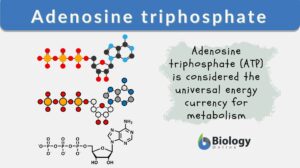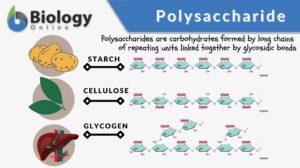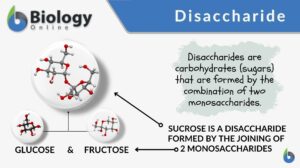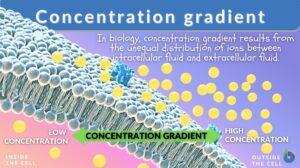Search Results for: oxidative phosphorylation
Phosphorylation
Phosphorylation Definition We can define phosphorylation as a biochemical process in which a phosphate molecule is added to... Read More
Oxidative phosphorylation
Definition noun A metabolic pathway that generates ATP from ADP through phosphorylation that derives the energy from the... Read More
Krebs cycle
Krebs cycle, also known as the citric acid cycle or tricarboxylic acid (TCA) cycle, is a fundamental metabolic pathway that... Read More
Chemiosmosis
Chemiosmosis Definition What is chemiosmosis? In biology, chemiosmosis refers to the process of moving ions (e.g. protons)... Read More
Catabolism
Catabolism Definition Catabolism is the branch of the metabolic process that breaks down complex, big molecules into... Read More
Mitochondrion
Mitochondrion Definition What are mitochondria? The term “mitochondrion” comes from the two words of the Greek... Read More
Glycolysis
What is Glycolysis and Why is it Important? Glycolysis is a metabolic pathway by which the 6-carbon molecule of glucose is... Read More
Cellular respiration
Cellular Respiration Definition What is cellular respiration in simple terms? Cellular respiration can be defined simply as... Read More
Substrate-level phosphorylation
Definition noun A type of phosphorylation in which the phosphoryl group is transferred from a donor compound (a... Read More
Fermentation
Fermentation Definition What is fermentation? Fermentation is the breaking down of sugar molecules into simpler compounds... Read More
Obligate aerobe
Before we define obligate aerobes, let us first understand and define aerobic organisms. Aerobic organisms are those that... Read More
Adenosine triphosphate
Adenosine Triphosphate Definition noun plural: adenosine triphosphates (biochemistry) An organic compound that is... Read More
Protein Activity and Cellular Metabolism
Protein Binding Sites The ability of various molecules and ions to bind to specific sites on the protein surface forms the... Read More
Metabolism
Metabolism Definition What is metabolism in the body? Metabolism encompasses the various biochemical processes, reactions,... Read More
Carbohydrate
Carbohydrate Definition A biomolecule refers to any molecule that is produced by living organisms. As such, most of them... Read More
Adenosine diphosphate
Definition noun plural: adenosine diphosphates (biochemistry) A nucleotide made up of adenine, ribose, and two phosphate... Read More
Reactive oxygen species
Definition noun Chemically reactive molecules and ions of oxygen with an unpaired electron Supplement Reactive oxygen... Read More
Electron transport chain
Definition noun A group of compounds that pass electron from one to another via redox reactions coupled with the transfer... Read More
Plant Metabolism
Introduction Plants are responsible for incredible feats of molecular transformation. The processes are always being... Read More
Biotic factor
Biotic Factor Definition A biotic factor is the living component in an ecosystem. The term "biotic" means "of or related... Read More
Polysaccharide
Polysaccharide Definition Biology Definition: A polysaccharide is a carbohydrate formed by long chains of repeating units... Read More
Adenine nucleotide
Definition noun plural: adenine nucleotides A nucleotide wherein the nucleobase is adenine Details Overview A nucleotide... Read More
Monosaccharide
Monosaccharide Definition In biology and biochemistry, a monosaccharide is a simple sugar that constitutes the building... Read More
Disaccharide
Carbohydrates are organic compounds comprised of carbon, hydrogen, and oxygen, usually in the ratio of 1:2:1. They are one... Read More
Crabtree effect
Definition noun The aerobic production of ATP, inhibition of cell respiration, and production of ethanol as coupled events... Read More
Aerobic bacteria
Aerobic Bacteria Definition What does aerobic mean in biology? As the name suggests, 'aerobe' in biology means organisms... Read More
Concentration gradient
What is a concentration gradient? A gradient is a measure of how steep a slope is. Thus, a concentration gradient would be... Read More
Aerobic respiration
Definition noun (1) A form of cellular respiration that requires oxygen in order to generate energy. (2) The process of... Read More
Light-dependent reaction
Many organisms, such as green plants, convert light energy into chemical energy through the mechanism of photosynthesis. In... Read More
Citric Acid Cycle
Definition noun (1) A cycle of reactions catalyzed by enzymes in which pyruvate derived from nutrients and converted to... Read More
Embden-Meyerhof-Parnas pathway
Definition noun A glycolytic pathway whereby glucose is metabolized and converted ultimately to pyruvate, and results in a... Read More


























